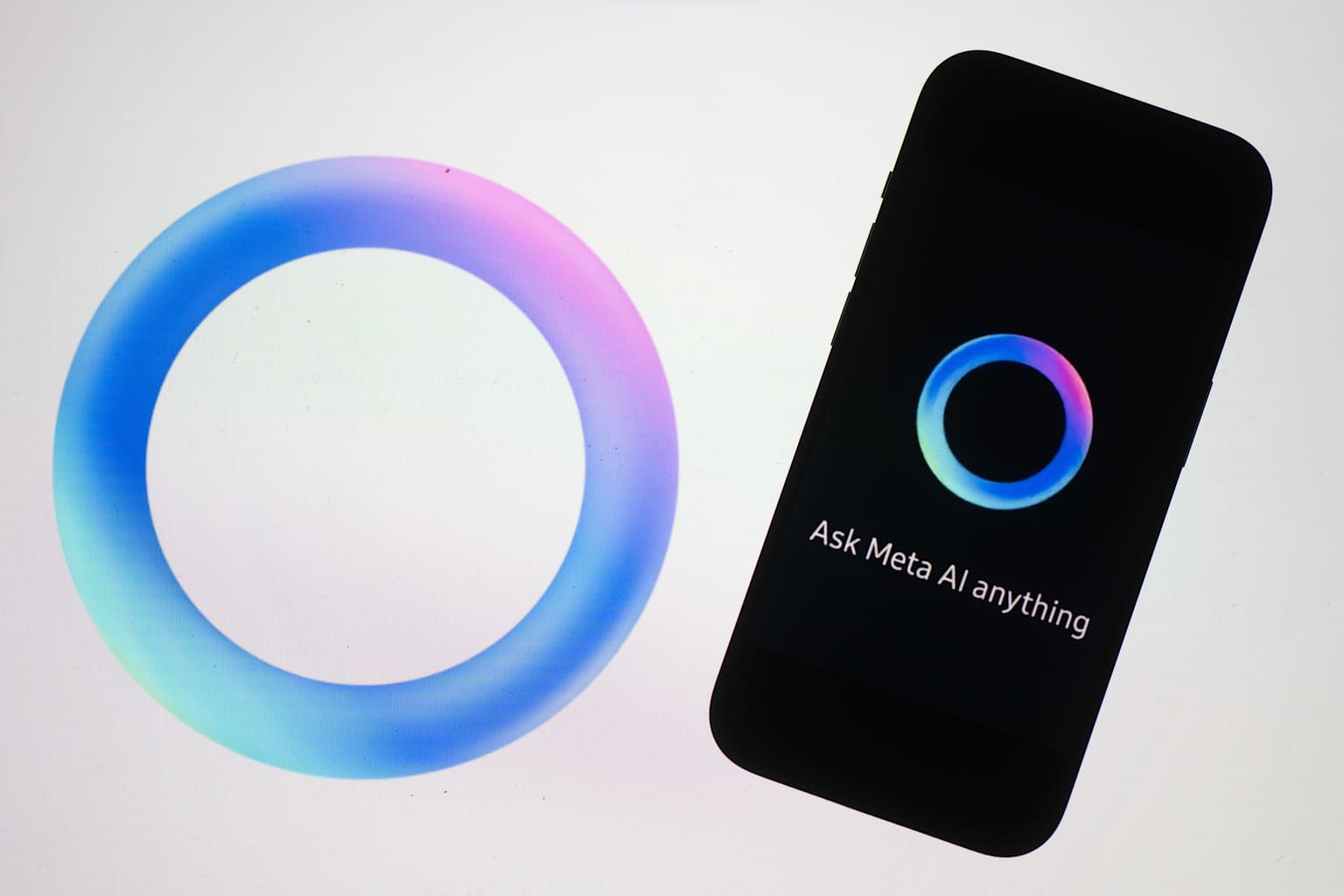- Meta's Talent Acquisition Strategy
- Apple's Internal Turmoil
- Broader Industry Context
Apple lost a key architect of its artificial intelligence efforts Monday as Ruoming Pang, the distinguished engineer who led the company's foundation models team, departed to join Meta Platforms amid an intensifying war for AI talent. The move deals another blow to Apple's already troubled AI development efforts as the iPhone maker struggles to compete with rivals in the race toward artificial general intelligence.
Pang, who joined Apple from Alphabet in 2021, is departing for Meta's new superintelligence team, according to people familiar with the matter who spoke to Bloomberg. Meta offered Pang a compensation package worth tens of millions of dollars per year to secure his services, part of CEO Mark Zuckerberg's aggressive campaign to recruit top AI researchers from competitors.

The hire represents the latest coup in Meta's expensive talent grab, which has included compensation packages reportedly reaching up to $300 million over four years for top AI researchers1. Meta has successfully recruited former OpenAI researchers including Trapit Bansal1, along with Scale AI CEO Alexandr Wang, who now leads Meta's superintelligence division2.
The social media giant's recruitment drive extends beyond individual hires. In a $14.3 billion deal, Meta acquired a controlling stake in Scale AI3, gaining access to crucial data-labeling expertise needed for training large language models.
Pang's departure compounds existing challenges within Apple's AI organization. The roughly 100-person foundation models team he led has expressed concerns about the company's consideration of third-party AI partnerships for Siri1. Some engineers have felt demoralized by Apple's exploration of external models from Anthropic and OpenAI, viewing it as a lack of confidence in their work21.
Apple recently lost senior researcher Tom Gunter after eight years with the company31. The entire MLX team, responsible for Apple's machine learning framework, threatened to resign but stayed after receiving counteroffers31. The company also canceled its Swift Assist coding tool in favor of integrating third-party models into Xcode1.
The departure reflects broader talent retention challenges for Apple in AI, where the company has lagged behind competitors in both innovation and compensation1. Meta's aggressive recruiting has drawn criticism from rivals, with OpenAI's Sam Altman calling the approach "distasteful"2.
Apple's AI struggles come as the company weighs partnerships with Anthropic or OpenAI to power an upgraded Siri by 202634. The consideration represents a departure from Apple's traditional approach of maintaining end-to-end control over its products, particularly around privacy and user experience.



